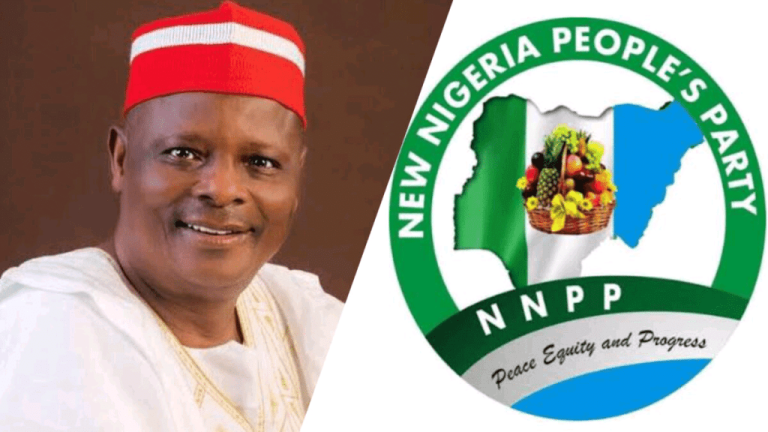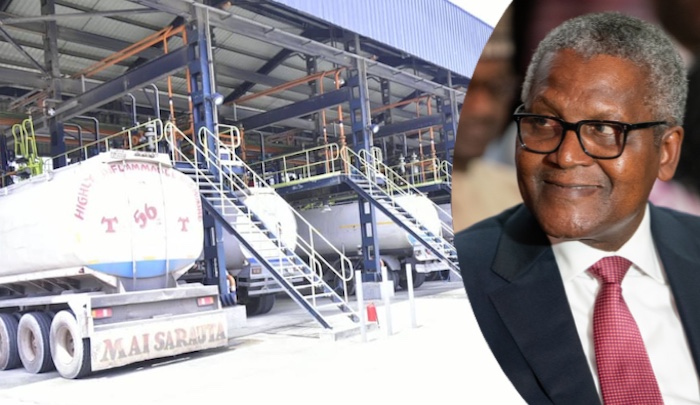
President and CEO of Dangote Petroleum Refinery, Aliko Dangote, has announced the end of Nigeria’s five-decade-long struggle with fuel queues, marking a new era since the refinery began producing petrol a year ago.
Speaking at a conference commemorating the refinery’s first anniversary of petrol production, Dangote reflected on the persistent fuel scarcity that has plagued Nigeria since 1975, stating,
“We have been battling fuel queues since 1975, but today Nigerians are witnessing a new era.”
Transforming Nigeria’s Downstream Sector
Dangote acknowledged the challenges faced during the refinery’s development, including skepticism from industry experts and government officials who doubted the viability of such a large-scale private refinery project. He revealed that the risk was immense, with the possibility of losing all assets if the venture failed.
“The decision to build the refinery was not easy. If it had gone wrong, lenders would have taken our assets. But we believed in Nigeria and Africa,” he said.
Despite opposition and economic hurdles, the refinery has not only met domestic fuel demand but also helped reduce petrol prices from nearly ₦1,100 before production to about ₦841 in key regions including the Southwest, Abuja, Delta, Rivers, Edo, and Kwara states.
Highlighting the refinery’s capacity, Dangote revealed that from June to early September 2025, the refinery exported over 1.1 billion litres of Premium Motor Spirit (PMS), underscoring its dual role in meeting Nigeria’s needs and generating foreign exchange.
Contrary to fears of job losses, the refinery is generating thousands of new jobs. The deployment of 4,000 CNG-powered trucks is expected to create at least 24,000 jobs nationwide, including positions for drivers, mechanics, fleet managers, and other professionals.
“Our employees earn salaries three times the minimum wage, with living wages, life and health insurance, and lifelong pensions. We are not displacing jobs; we are creating many more,” Dangote stressed.
He also affirmed that union membership for drivers remains a personal choice, emphasizing respect for trade unions. Dangote highlighted the urgent need for Nigeria to protect its local industries from cheap foreign imports, pointing to the decline of the textile sector as a cautionary tale. He urged the National Assembly to pass legislation supporting the Federal Government’s ‘Nigeria First’ policy to foster industrialisation and sustainable economic growth.
“Other nations were not industrialised by outsiders. We must build and industrialise our own economies. Relying on imports means exporting jobs and importing poverty,” he said.
He concluded by stressing the importance of industrialisation for Africa’s future, given its rapidly growing population.



